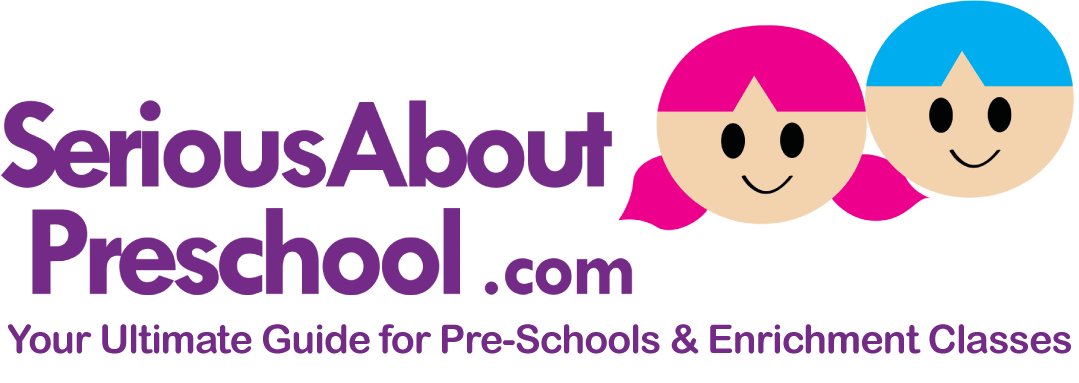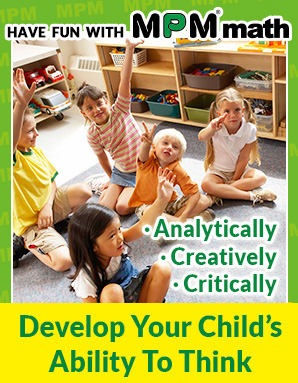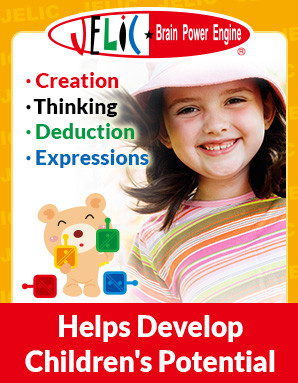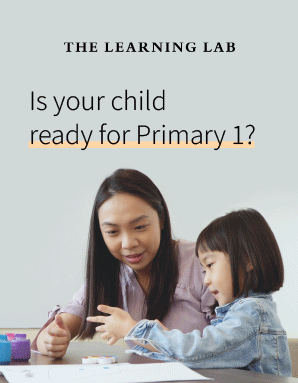Question:
What is the difference between speech and drama and pretend play?Asked By : superdad
Words from the Expert:
Question: What is the difference between speech and drama and pretend play?
Answer:
Pretend play is sometimes called dramatic play or role play and is usually a part of a speech and drama class.
To an adult pretending may just look like ‘playing’, however, it is an important part of the developmental learning process and a critical component of early childhood development. It should certainly be encouraged, and children need lots of opportunities to engage in pretend or dramatic play as the benefits are so important for development. Today, as both children and adults are increasingly engaged with their devices, play is sadly something children have less and less opportunity to be involved in.
There are two types of pretend play, these are either structured or unstructured play. Both are valuable.
Unstructured play is where children have the freedom to choose their own play scenarios and often create their own sets based on what is available to them. This is the games you will see children play in a playground or when they get a huge cardboard box and use their creativity to decide what it is. Here they make up rules and take on chosen roles.
Structured play on the other hand, has a pre-determined set and desired outcome. A parent or teacher sets up a scenario for the children to play into, such as a ‘magic forest’. The children then choose and assign roles from what is available, working through problems that arise within the drama. Often these dramas can springboard from a story book.
The benefits of all kinds of dramatic or pretend play are numerous. These include encouraging expressive language and the use of new vocabulary as children are motivated to communicate their ideas to their peers and therefore must learn to speak from the perspective of their pretend roles. This means they will more frequently use language at a higher level than they would when not engaged in role play.
Additionally, dramatic play is often a very comfortable place for children who are shy or withdrawn to participate in a group. It serves as a safe place for children to learn and practise social skills.
In a Speech and Drama class a teacher will include dramatic play as an element of the class. This will be carefully planned to maximise the benefits for the children in the class.
Here the teacher will often take on a role and will move the drama forward by questioning, challenging, organising thoughts, responding, involving students and exploring solutions to conflicts. The drama element may carry over from one class to the next and the children can expand on their characters and use their creativity and imagination in a secure setting.
A Speech and Drama class will also contain other elements, including voice and speech and vocabulary building activities through exposure to quality, age-appropriate literature, including stories, poems, rhymes and tongue-twisters. Children will have the opportunity in a Speech and Drama class to speak and present to their classmates, developing confidence in their communication skills.
The Expert:
Sumathi Jayaram
Principal
Julia Gabriel Centre



















